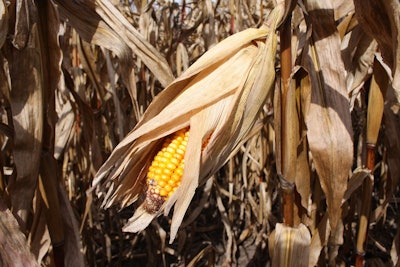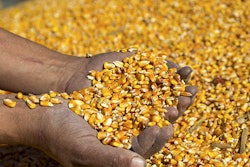
Brazil Safrinha Corn Condition Not Ideal
- IMEA reported average yield in Mato Grosso is set to decline 5-6%.
- IMEA’s current production forecast is 32 million tonnes compared to the last Conab forecast of 34 million and 31 million last year.
- In Parana, the agriculture agency DERAL lowered safrinha conditions to 61% good/excellent, down from 80% in late March.
- Below-normal precipitation is negatively affecting the crop as it goes into the pollination stage.
FBN’s Take On What It Means: Brazilian crop estimates are starting to decline as dry weather affects the second crop corn. In April, USDA forecast Brazil production for all corn at 101 million tonnes and Conab pegged output at 102 million tonnes. A potential reduction of 5-6 million tonnes only makes a small dent in ample global stocks. However, a decrease in Brazil’s output could strengthen US exports during July and August as Argentina is near export capacity at 4 million tonnes per month and Ukraine is no longer competitively priced.
Meat Processing Plants Start to Reopen
- The JBS plant in Greeley, Colorado is following federal guidance around safety and social distancing as it restarts operations.
- The Smithfield plant in Sioux Falls, SD will likely reopen this week.
- Cargill’s High River plant in Alberta, Canada has restarted with support from the provincial health and safety authorities.
- Production lines are expected to be slower due to increased cleaning and disinfection routines.
- Absenteeism remains a problem as workers struggle with previous illness and concern about conditions going forward.
FBN’s Take On What It Means: The reopening process is expected to be slow, and it’s estimated it will take several weeks to clear the current bottlenecks. Even as pork processing starts to increase, hog producers may still be forced to cull as many as 7 million pigs in the second quarter. It is more likely these short-term outages will be cleared in the second half of the year, which will be a help for feed demand.
The risk of trading futures, hedging, and speculating can be substantial. FBN BR LLC (NFA ID: 0508695)










